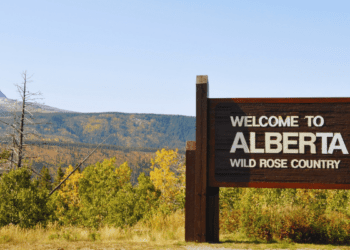Have I enjoyed John Ralston Saul’s new book? (Ralston Saul, Louis-Hippolyte LaFontaine and Robert Baldwin (Toronto: Penguin Group, 2010).
Yes! It’s a delight to read and at its core is a tough, and persuasive argument. The contention in brief is that the victory for responsible government in the British North American colonies made of each one an independent country. I believe it.
Here’s Saul (pages 170-171):
“What made the date, March 11, 1848, so extraordinary was that the British Empire was then the greatest force in the world, stronger than the United States has ever been. The British had a military, economic and political capacity to enforce their rules that we can no longer imagine. What’s more they repeatedly did enforce them. And combined with a handful of other empires, they had an interlocking global system that one way or another controlled every continent and was far more organized than anything that exists today. Yet LaFontaine, Baldwin and Howe, carrying their movements with them, had somehow succeeded in talking their way – our way – out of the empire’s control system and into a new democratic model …
“What was being attempted in Canada and Nova Scotia in early 1848 was not a matter of colonial catch-up. La Fontaine and Baldwin … were leading us almost first out of the modern democracy gate.”
I know Saul’s right because I’ve poured over the speeches of colonial legislators on the proposal to federate. At Confederation the question was this: would union impair the rights and freedoms to which the British North American provinces had become accustomed after their struggle for responsible government?
Here’s John Locke (not the John Locke, of course) in the Nova Scotia House of Assembly, 16 April, 1866: “after obtaining responsible government we have become so free that we require nothing more in the way of independence.”
Locke is one of dozens; the sentiment is echoed in every province.
Here’s Newfoundland’s George Hogsett: “They had fought for responsible government, which meant self-government, and is it because they found a little difficulty in working it out and looked more after their own interests than after those of the country [that] that institution, which was the boast of every British subject, and which made the British people what they are, was to be given up and handed over to the Canadians? It may be that the country had not derived such great advantage from responsible government as was expected, but would any intelligent man be content to give it up and go back to the days of that government which was responsible only to imperial authorities? There was no nation nor no race of men without its difficulties but were they on that account to take their hats in their hands and go and beg of any other country to take them under their protection? (Newfoundland, House of Assembly, February 23, 1689)
Posted by Janet Ajzenstat
[From The Idea file]





